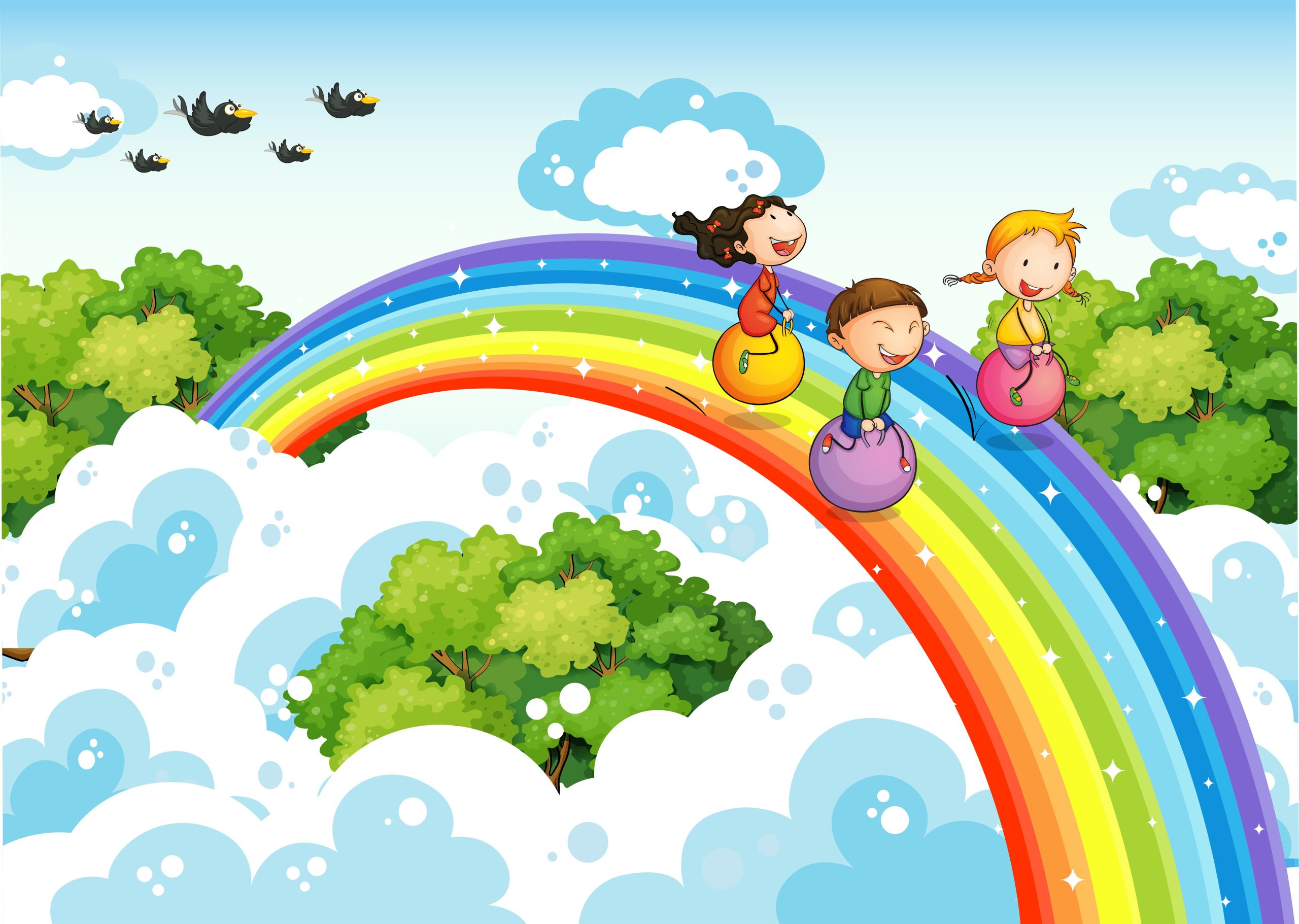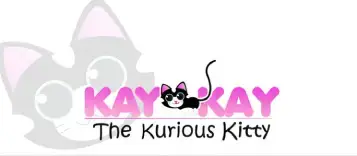
When does critical thinking actually begin in children?
Children begin to think critically at a very young age. These skills develop during the natural, back and forth conversations children have with the adults in their lives. As soon as children are able to speak in sentences, they’re ready for you − the parent, caregiver or educator − to nurture the critical thinking skills that will prepare them for success in school. Whether you’re reading a book or taking a walk in the park, any time is a good time to build critical thinking in children.
Provide opportunities for play
Classification and sorting skills are great for higher order logical reasoning. Ask your child to sort same list of animals/objects using different characteristics like size, color, geometry, shape etc. Group animals into categories based on their habitats, eating habits, body structure, reproduction mechanism etc. Other examples are solving puzzles and brainteasers with your child wil help them learn from you and formulate a strategy of their own. While doing these activities alone may be frustrating for kids, a playful encouraging parent can make a great difference.


Help children to develop hypotheses
When reading a story, stop midway and ask your child what they think is going to happen, how is the story going to end? Try to use real world problem like a gas shortage to pretend play and ask them to think of solutions. Games like this help children learn about their environment and surroundings. For example, like we thought how using a metal straw could reduce the waste generated by straws and save so many marine lives. This strategy helps children to understand the challenges faced in the real world. Motivate them not only to think of solutions but also to they would implement at their level.
When asking open-ended questions, pause and wait. Don't intervene immediately.
Open-ended questions excite the brain and foster a child to think of logical and creative outcomes. Make sure to allow the child to think and come up with an elaborated answer.
Ask children to think of answers to their own questions. Further the process of arriving at the answer rather than providing the answer.
Once children have arrived at a possible answer ask them to reason with their own answers.
This process of thinking about thinking – Metacognition, will help children find errors (or support) in their own arguments and fine tune their opinion which will make them better critical thinkers.
Ask children to think of answers to their own questions. Further the process of arriving at the answer rather than providing the answer.
Once children have arrived at a possible answer ask them to reason with their own answers.
This process of thinking about thinking – Metacognition, will help children find errors (or support) in their own arguments and fine tune their opinion which will make them better critical thinkers.


Encourage thinking in new and different ways
Ask them to think of answers to their own questions. Aid the process of arriving at the answer rather than providing the answer.
Once they have arrived at a possible explanation, ask them to reason with their own answers.
This process of thinking about thinking – Metacognition, will help them find flaws (or support) in their own arguments and fine tune their opinion. Thus, making them better critical thinkers.
Once they have arrived at a possible explanation, ask them to reason with their own answers.
This process of thinking about thinking – Metacognition, will help them find flaws (or support) in their own arguments and fine tune their opinion. Thus, making them better critical thinkers.

